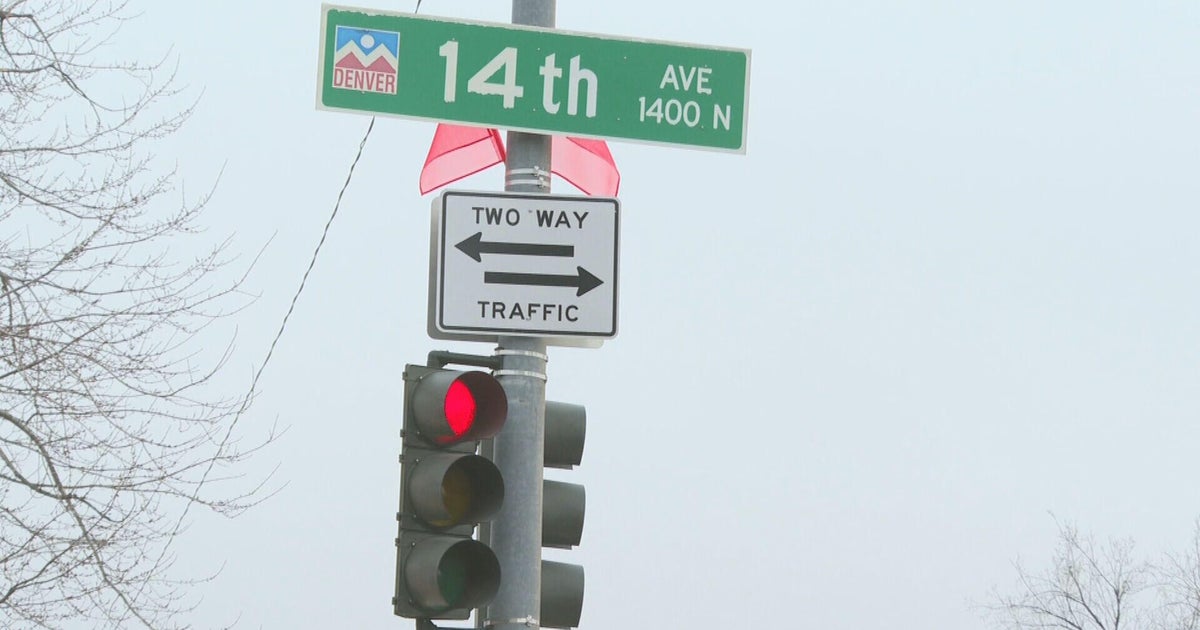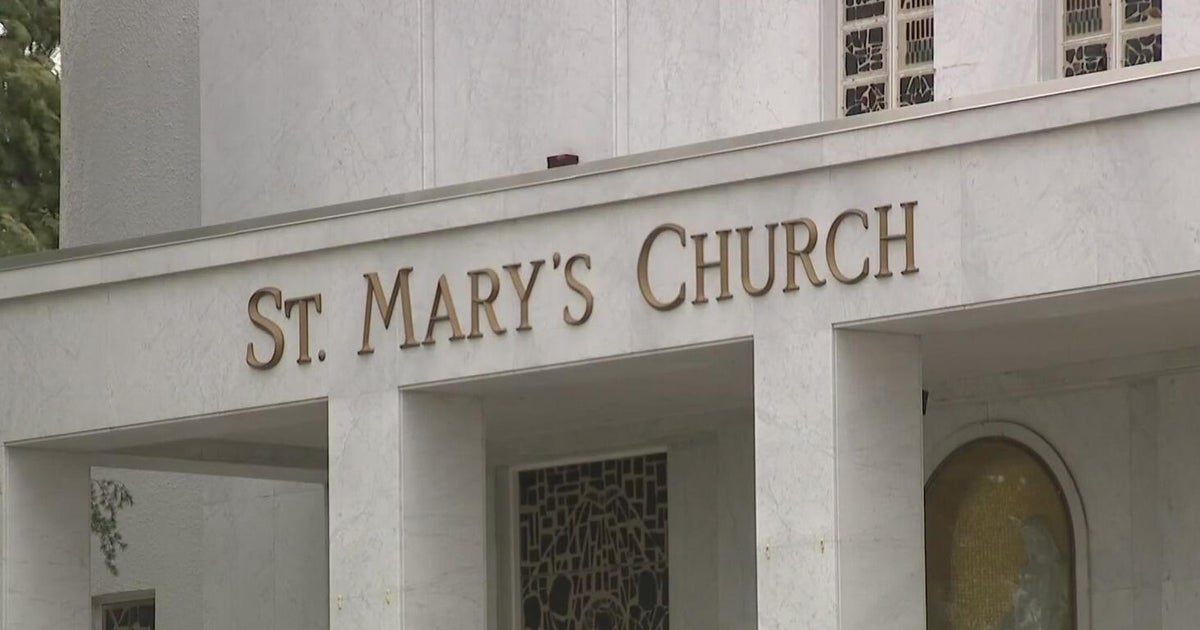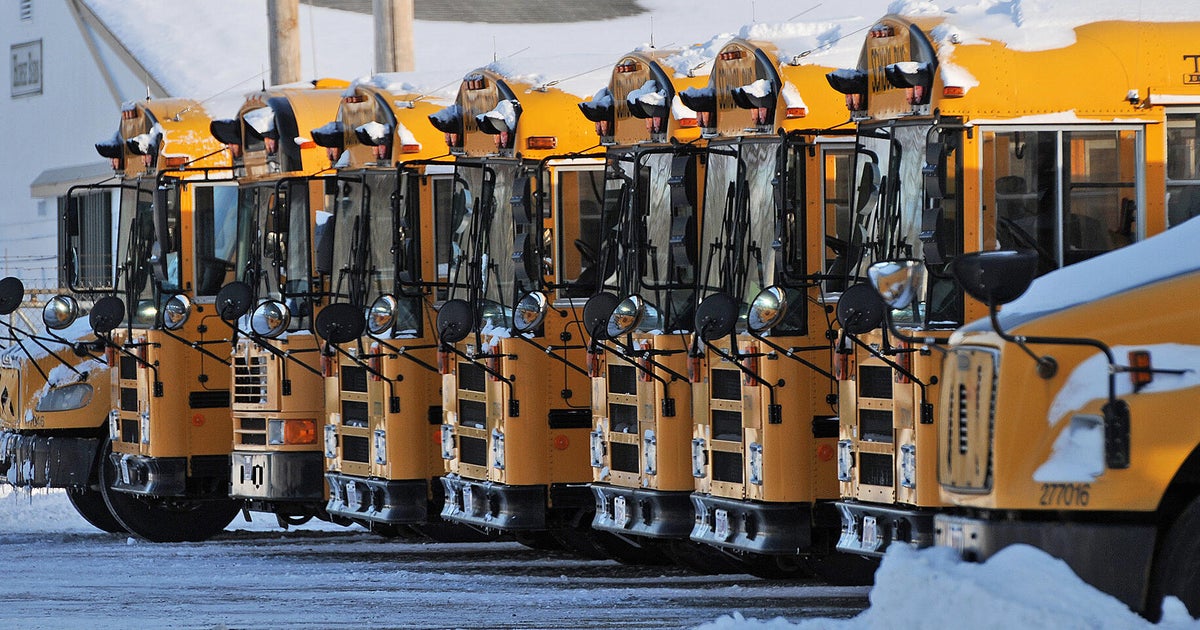Feds Won't Delay Calif. High Speed Rail Deadline
SACRAMENTO, Calif. (AP) -- The federal agency that has approved about $3.5 billion in grants for California's high-speed rail system has no authority to change the September 2012 deadline to start construction and sees no reason to consider moving the first stretch of track out of the Central Valley, an official said in a letter Wednesday.
The firm stance by the U.S. Department of Transportation comes about two weeks after the California Legislative Analyst's Office called on the state's rail authority to delay construction and consider whether it should start closer to San Francisco or Los Angeles. Either change would break terms of the federal grants.
The LAO report questioned whether the California High Speed Rail Authority was capable of successfully managing the first phase of construction between San Francisco and Anaheim, with an estimated cost of at least $43 billion and long-term funding uncertain. It proposed folding the California High-Speed Rail Authority into the state Department of Transportation and called for exploring waivers of the terms of the federal awards.
If federal officials declined to allow changes in the route or schedule, the report said, the Legislature should drop plans for high-speed rail. An LAO analyst said Wednesday that the letter changes nothing and the recommendations stand.
"The letter doesn't say anything we didn't know and I don't think it changes our recommendations at all," said Eric Thronson, the fiscal and policy analyst who wrote the LAO report. The letter doesn't rule out changing the starting point for construction if the federal agency was given a compelling reason, and "we don't think they've been asked to do so," he said.
The project has been in the works for 16 years; planners envision a public-private system connecting California's major cities at speeds up to 220 mph, competing with airlines and reducing highway congestion and urban sprawl.
The letter from Roy Kienitz, undersecretary for policy with the U.S. Department of Transportation, all but rules out waivers of the deadline and makes a case against changing the location of the first track segment.
"U.S. DOT has no administrative authority to change this deadline, and do not believe it is prudent to assume Congress will change it," Kienitz wrote to Roelof van Ark, chief executive officer of the state rail authority. Construction in the area between Madera and Bakersfield can be completed more quickly than segments in densely populated coastal areas, he wrote, and "(we) believe the decision to begin there was and remains a wise one."
Kienitz also shot down the idea of using federal grant money first without immediately matching it from the $9 billion in bonds that California voters approved for high-speed rail in 2008. "California was awarded funding based in part on the impressive state match promised in the grant applications. Withholding these matching funds would put California's high-speed rail project in serious jeopardy."
A state Senate subcommittee directed high-speed rail officials to explore a waiver of the federal conditions, said Jeff Barker, deputy director of the rail authority, and the topic was discussed when Kienitz was in Sacramento this month for regular meetings on the high-speed rail project.
Kienitz said at the time that the terms were firm, and wrote the letter to clarify the department's stance at the request of van Ark.
"We are eager to work with the legislature to make California's high-rail project a reality while keeping in mind that the federal government is our planning and funding partner," Barker said.
(Copyright 2011 by The Associated Press. All Rights Reserved.)







